When it comes to healthy eating choices, many Americans instinctively turn to a salad, believing this to be a superior pick over a sandwich.
That might not be the case, say food experts.
“When asked whether a sandwich or a salad is a healthier choice, most people will no doubt answer with salad,” said Vanessa Imus, MS, RDN, a food expert with Integrated Nutrition for Weight Loss in Bothell, Washington.
THIS TRENDY SEED CAN BOOST YOUR HEALTH BIG-TIME IN 5 COOL WAYS: HERE’S HOW
“In reality, both can be healthy or unhealthy depending on the ingredients,” she said.
“You’ll want to make sure your sandwich includes veggies, high-fiber bread, healthy fats and high fiber whole grain bread,” Imus told Fox News Digital.
“Try to avoid sandwiches that contain high-fat processed meats and excessive cheese or heavy creamy sauces.”
Here’s more about why salads aren’t always the better option, how sandwiches can sometimes be healthier — and how to make informed choices for a balanced diet.
Carb conundrum: Why it’s not all bad
One of the main reasons people tend to favor salads over sandwiches is to avoid carbohydrates.
REGULAR SNACKS OF BABY CARROTS BRING SIGNIFICANTLY MORE ANTIOXIDANT PROTECTION, NEW STUDY FINDS
“Carbs have been vilified in many popular diets, leading people to believe that avoiding bread, and thus sandwiches, is crucial for a healthy meal,” Nikki Kuhlmann, RD, LDN, a registered dietitian with Anne Till Nutrition Group in Raleigh, North Carolina, told Fox News Digital.
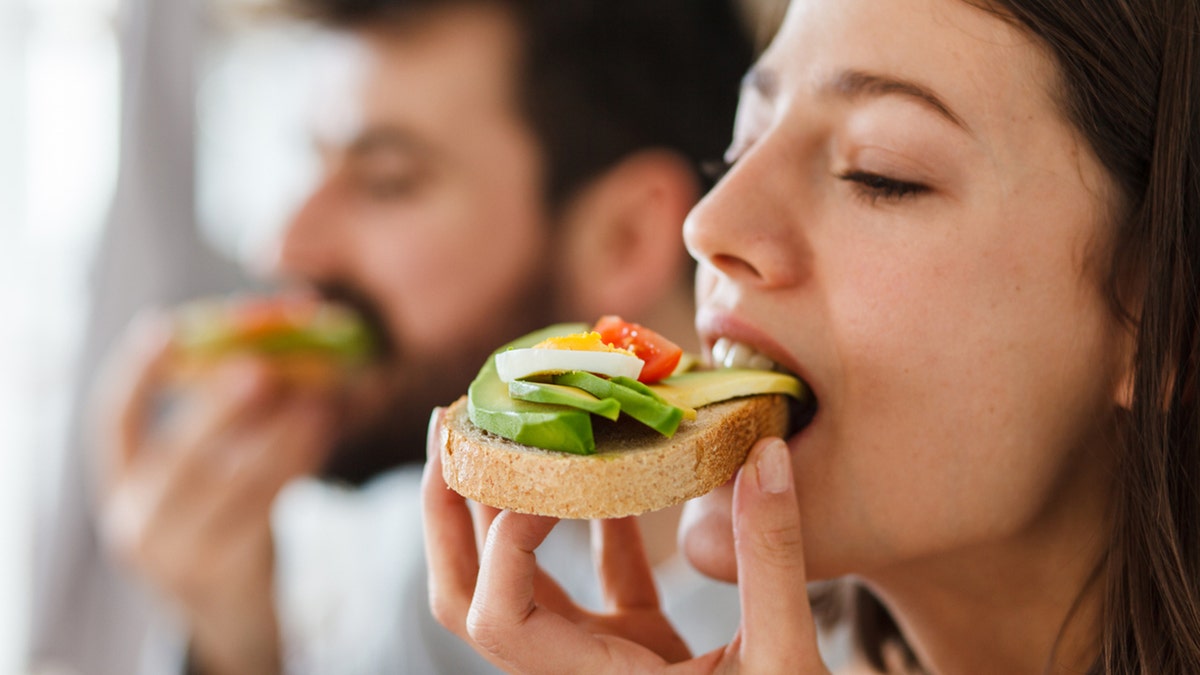
“While it’s true that some larger carbs can lead to weight gain and other health issues when consumed in excess, not all carbs are created equal.”
THESE 6 POWER FOODS CAN PREVENT CANCER, ACCORDING TO VARIOUS HEALTH EXPERTS
Whole grains, for example, are a healthy source of carbohydrates and offer essential nutrients, she clarified.
When a sandwich can be a healthier pick than a salad
A salad with leafy green lettuces, colorful vegetables, lean protein and dressed with a low-calorie vinaigrette is a hard meal to beat.
But if your salad is packed with fried protein, covered in crunchy add-ons and drowning in high-fat creamy dressings, it’s not as healthy as you think.
7 SNEAKY CALORIE CULPRITS THAT ARE CREEPING INTO YOUR HEALTHY GREEN SALAD
Here’s how a sandwich could be a better choice.
Aim for a balance of nutrients
A well-made sandwich can provide a balanced mix of proteins, healthy fats and complex carbohydrates, Kuhlmann noted.
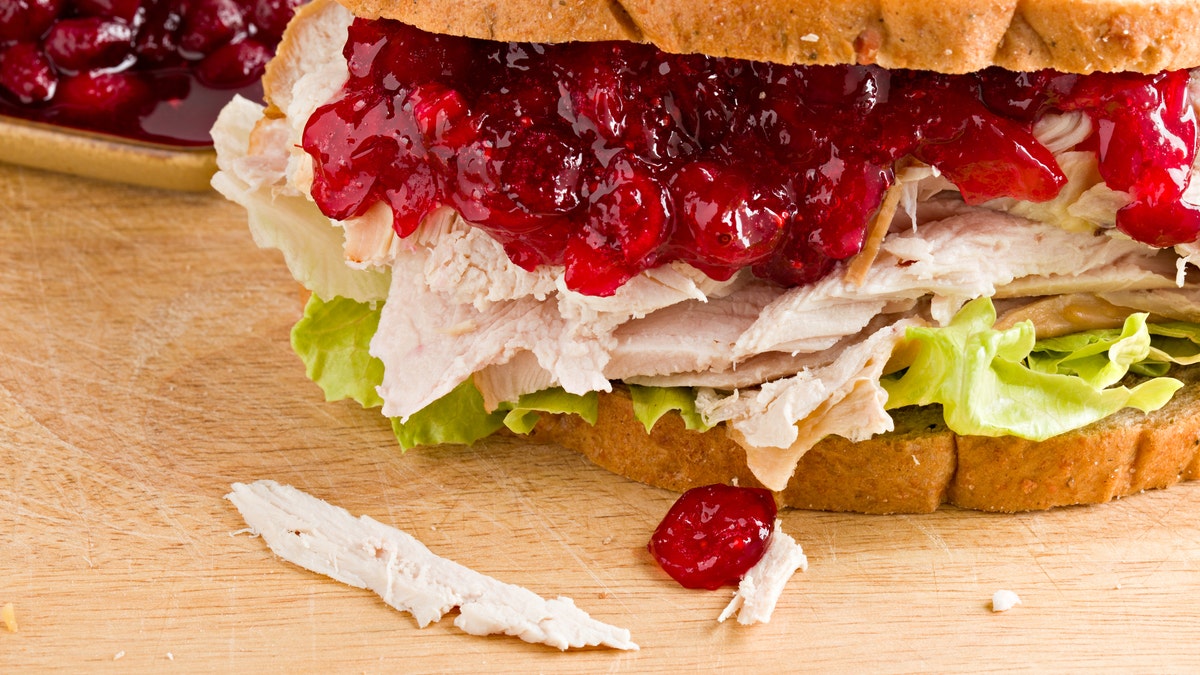
“For example, a sandwich with whole-grain bread, lean protein like turkey or chicken breast, and plenty of vegetables can offer a nutritious meal that keeps you full and energized,” she said.
Pay attention to portion size
Salads, especially those from restaurants, can be deceptively large.
“What starts as a base of healthy greens can quickly turn into a calorie-laden meal with the addition of creamy dressings, cheese, croutons and other high-calorie toppings,” she said.
VIRAL ‘SNACKLE BOX’ FOOD TREND MAKES MEALS PORTABLE FOR OUTDOOR ADVENTURES
“A sandwich, on the other hand, often has more defined portions, which can help with controlling calorie intake.”
Also, a sandwich can be more satisfying due to the combination of textures and flavors, which can prevent overeating later, Kuhlmann explained.
Creating a healthy sandwich involves choosing the right ingredients and avoiding calorie traps.
“The combination of protein, fiber from whole grains and healthy fats can help keep you fuller for longer compared to a low-protein, low-fat salad,” she said.
How to build a healthy sandwich
Creating a healthy sandwich involves choosing the right ingredients and avoiding calorie traps. Here are some tips.
Bread. Opt for whole-grain or whole-wheat bread. These options are higher in fiber and nutrients compared to white bread, Kuhlmann told Fox News Digital.
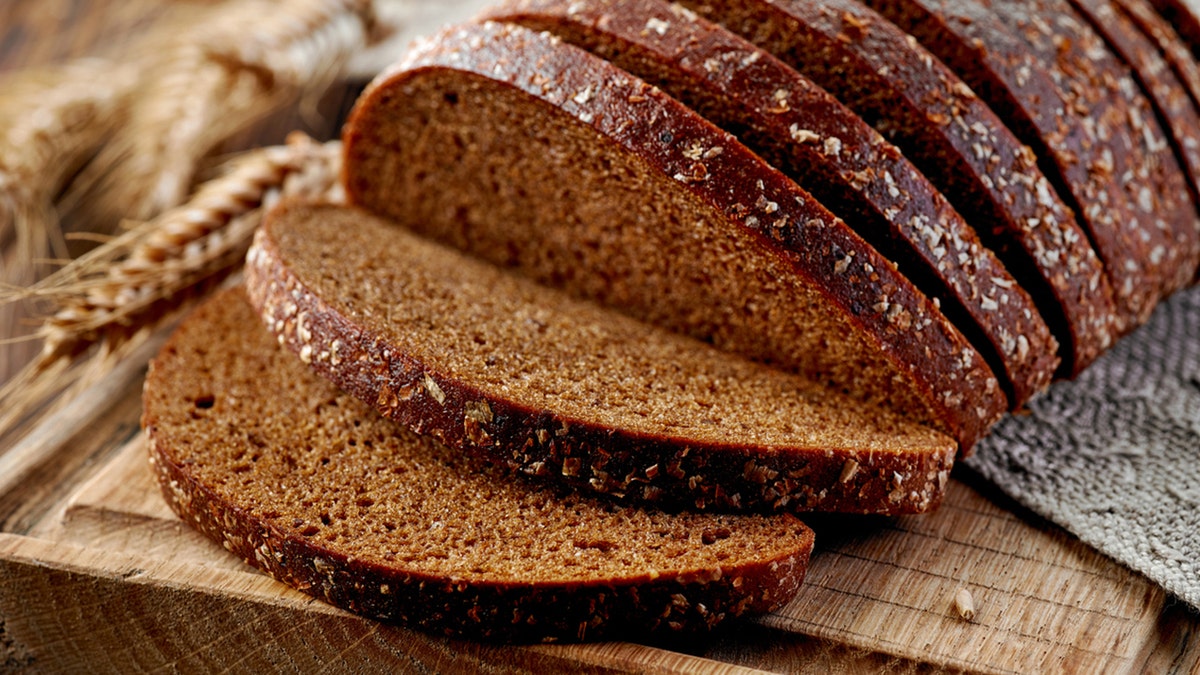
Protein. Choose lean proteins such as grilled chicken breast, turkey, tuna, or plant-based proteins like hummus or grilled vegetables, she said.
Condiments. Reach for mustard, hummus, avocado or a light spread of mayo instead of heavy, high-fat options.
Veggies. Load up on vegetables like lettuce, spinach, tomatoes, cucumbers, bell peppers, and sprouts for added fiber and nutrients, Kuhlmann suggested.
SPINACH VS. KALE: WHICH IS ‘BETTER’ FOR YOU? NUTRITIONISTS SETTLE THE GREAT DEBATE
Items to skip. “Avoid high-calorie add-ons like excessive cheese, bacon, or large amounts of creamy dressings,” Kuhlmann said.

She curated an example of a super-star sandwich idea.
Healthy turkey & avocado sandwich recipe
(under 500 calories)
Ingredients
Bread: 2 slices of whole-grain or whole-wheat bread (about 160 calories)
Protein: 3 oz. of lean turkey breast (about 90 calories)
Healthy fat: 1/4 of an avocado, mashed (about 60 calories)
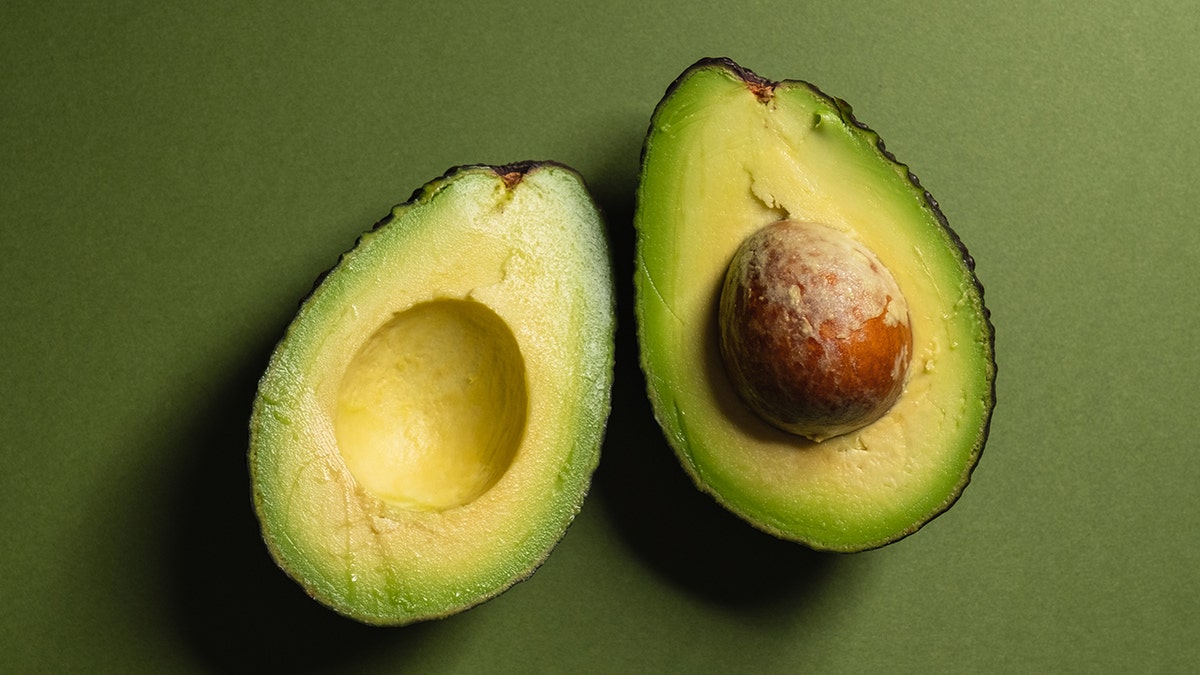
Vegetables: 2 slices of tomato (about 5 calories), 1/4 cup of shredded lettuce (about 2 calories), 1/4 cup of sliced cucumber (about 4 calories), 1/4 cup of sliced bell peppers (about 10 calories), 1 thin slice of red onion (about 5 calories)
Condiments: 1 tsp mustard (about 3 calories), 1 tsp hummus (about 25 calories)
Serve with a side of fresh fruit or a small salad if desired, keeping the meal under 500 calories overall.
APPLES VS. ORANGES: WHICH OF THESE FRUITS IS ‘BETTER’ FOR YOU?
This sandwich not only keeps you under the 500-calorie mark, it provides a balanced mix of macronutrients and a variety of vitamins and minerals to keep you full and satisfied.
Choosing wisely at restaurants: salad vs. sandwich
When dining out, both salads and sandwiches can be good choices if you know what to look for. Here are some tips.
Restaurant salads. Choose salads with a variety of vegetables, lean proteins and a light dressing.
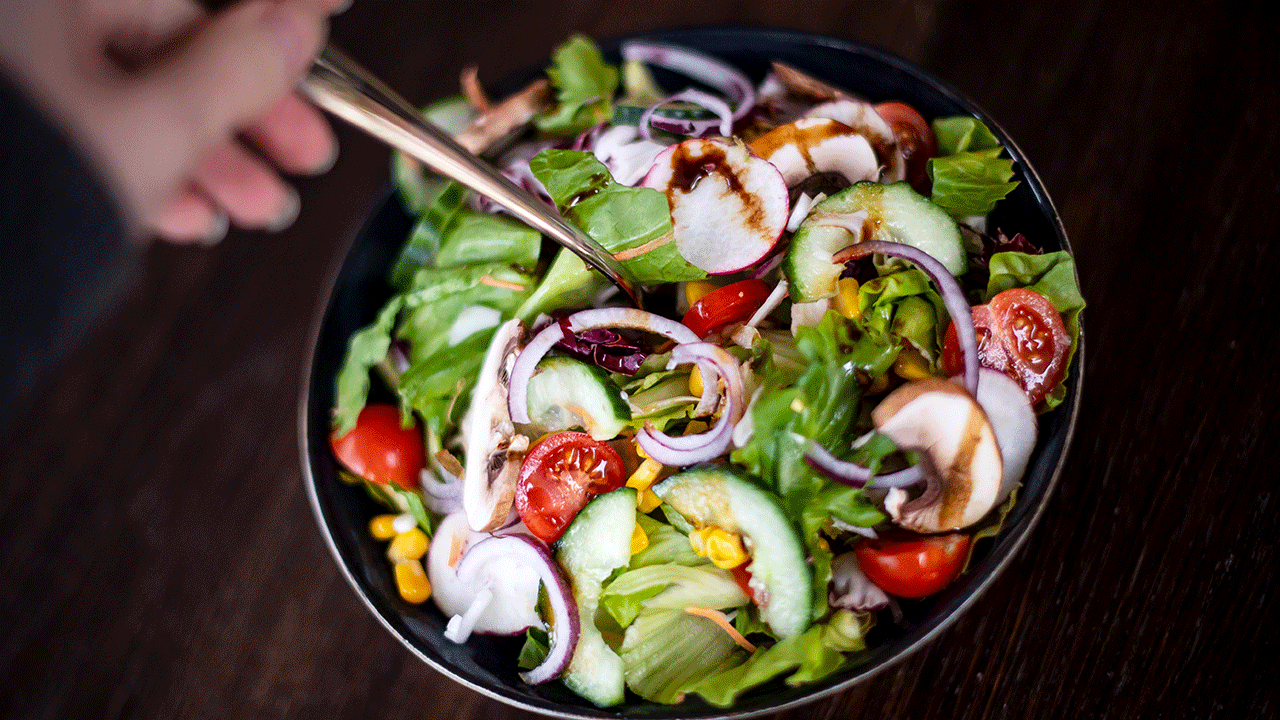
Avoid salads that are primarily pasta, potato or contain heavy dressings and fried toppings, Kuhlmann said.
Restaurant sandwiches. Opt for whole-grain bread and ask for lean protein options.
“Request any high-calorie condiments on the side and avoid add-ons like extra cheese or bacon,” Kuhlmann said.
“Adding a side salad instead of fries can also balance your meal.”
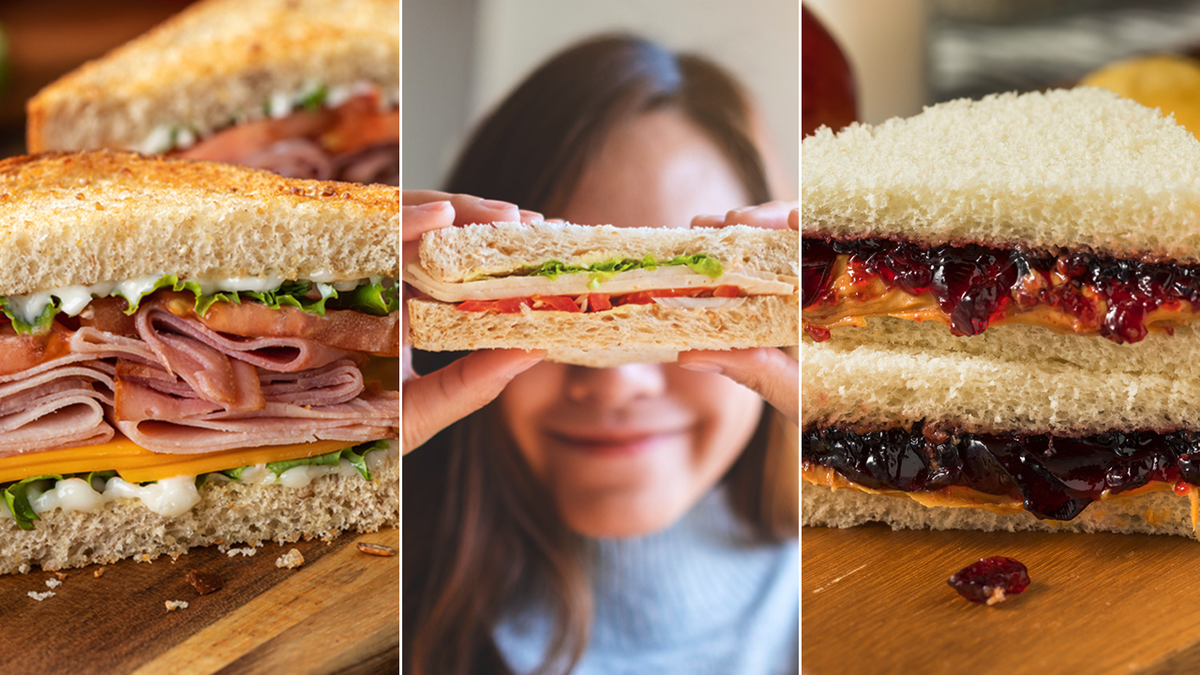
It’s about the details
In the quest for a healthy diet, the debate between salads and sandwiches often comes down to the details.
For more Lifestyle articles, visit www.foxnews.com/lifestyle
“The key is to focus on the ingredients, portion sizes and preparation methods to ensure you’re making the healthiest choice possible,” said Kuhlmann.
“Whether at home or dining out, informed decisions will help you maintain a balanced and nutritious diet.”
Read the full article here











